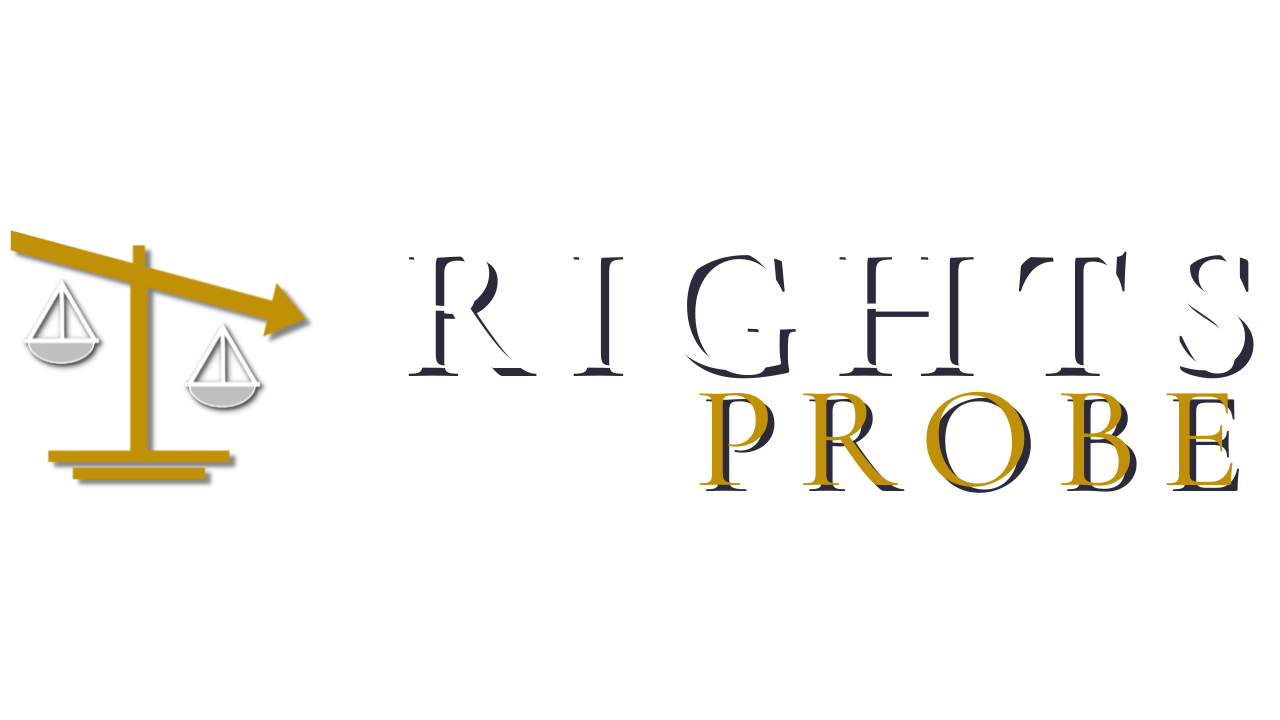No taxation without representation? Canadian judges aren't buying that
By Philip Cross | Published by the Financial Post
The Ontario Court of Appeal last month ruled unconstitutional the Ford government’s 2019 legislation limiting public-sector pay increases to one per cent a year for three years. The government was trying to control a budget deficit of $8.7 billion at a time when the average negotiated increase in the public sector was 1.6 per cent. The court ruling substitutes judges’ views for those of elected officials.
Despite our own long tradition of “no taxation without representation,” courts in Canada increasingly dictate to governments how to spend taxpayer dollars.
…
Examples include, as Queen’s University’s Bruce Pardy has written , extending government benefits such as education and health care to non-citizens, a constitutional right for public servants to strike, a Crown duty to consult Indigenous groups and a government obligation to maintain injection sites for illegal drugs. Social activists are trying to convince the courts the Charter includes positive obligations for governments to provide welfare, housing, health care and other benefits.
In his commentary for the Financial Post, Philip Cross writes, “courts are ill-equipped to judge what level of government spending taxpayers are willing to support. Simply identifying a need is not enough.”
He cites the 2014 book, The Rule of Nobody, by American lawyer Philip Howard, who argued that judges have become the “ultimate arbiters of government choices,” usurping that role from the electorate. Instead of outlining the boundaries of government regulation, “judges started making administrative choices themselves,” such as whether failed refugee claimants are eligible for health benefits or cash-strapped governments can control public sector pay.
As Bruce Pardy notes in “Amazingly, the Constitution always says exactly what our Supreme Court thinks it should,” the job of courts should be to apply the law, not make it.
Read the Philip Cross op-ed in full at the publisher’s website here
Further Reading
Amazingly, the Constitution always says exactly what our Supreme Court thinks it should
